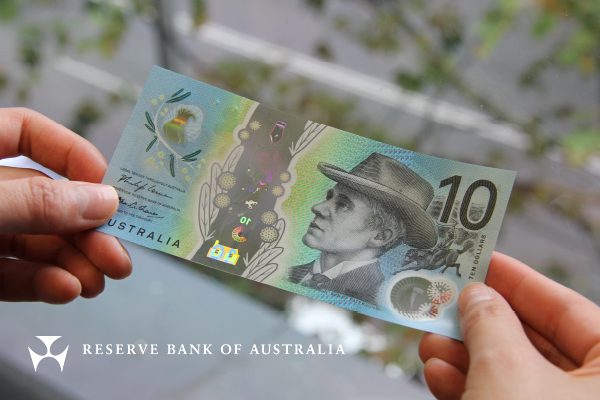The Reserve Bank of Australia has unexpectedly decided on another interest rate rise this week, pointing the finger of blame at high inflation as the reason.
The Governor of the Reserve Bank of Australia (RBA), Phillip Lowe, announced the bank had raised its cash rate by 25 points on Tuesday, meaning a 0.25 per cent increase on target interest rates.
Mr Lowe has told the ABC that interest rate rises had been halted in April to assess the impact of previous rate rises on the economy, and determine the necessity of another.
“Inflation in Australia has passed its peak, but at 7 per cent is still too high and it will be some time yet before it is back in the target range,” Mr Lowe said.
“Given the importance of returning inflation to target within a reasonable timeframe, the board judged that a further increase in interest rates was warranted today.”
While the interest rate now sits at the highest in over a decade, it doesn’t prove to be slowing down anytime soon. According to Trade Economics Australia, projections indicate that inflation is expected to reach 4.5 per cent this year before falling to 3 per cent in mid-2025.
The escalation brings the cumulative increase to 3.75 percentage points, resulting in 10 continuous increases since last May and the largest in 11 years.
Due to the 2023 steady increase affecting borrowing capacity, a large number of Australians will need to refinance their fixed rate mortgage with interest rates set to increase further in coming months.
Interest rates can be seen as the tip of the iceberg, as the price of living including housing, groceries and fuel faces significant increases in cost.
New South Wales Treasurer, Jim Chalmers, told the Guardian that the RBA’s decision considered inflation a leading issue for the economy.
“It is a really difficult decision for a lot of Australians who are already under the pump,” he said.
Australia’s leading property investment adviser, Michael Yarney believes Australians looking at investing in housing are assessing the Sydney market and recognising that no deals are to be found, however if they will look back in 12 months’ time at the properties they purchase today, homeowners will realise they did get a deal.
The increase in interest rates could possibly have a positive effect on the housing market, with the current median value of a capital city house sitting at a high $1,253,759 within Sydney, according to Mr Yarney.
Domain Real Estate experts said the potential trigger for a decline will allow first home buyers to finally enter the market, as low interest rates meant housing affordability was out of reach for many young Australians.
High interest rates and falling property prices have historically created stepping stones for first home buyers.

The RBA comments in an explainer, that alongside the benefit to housing prices, the increase has allowed for the Australian Dollar to soar, strengthening its value.

